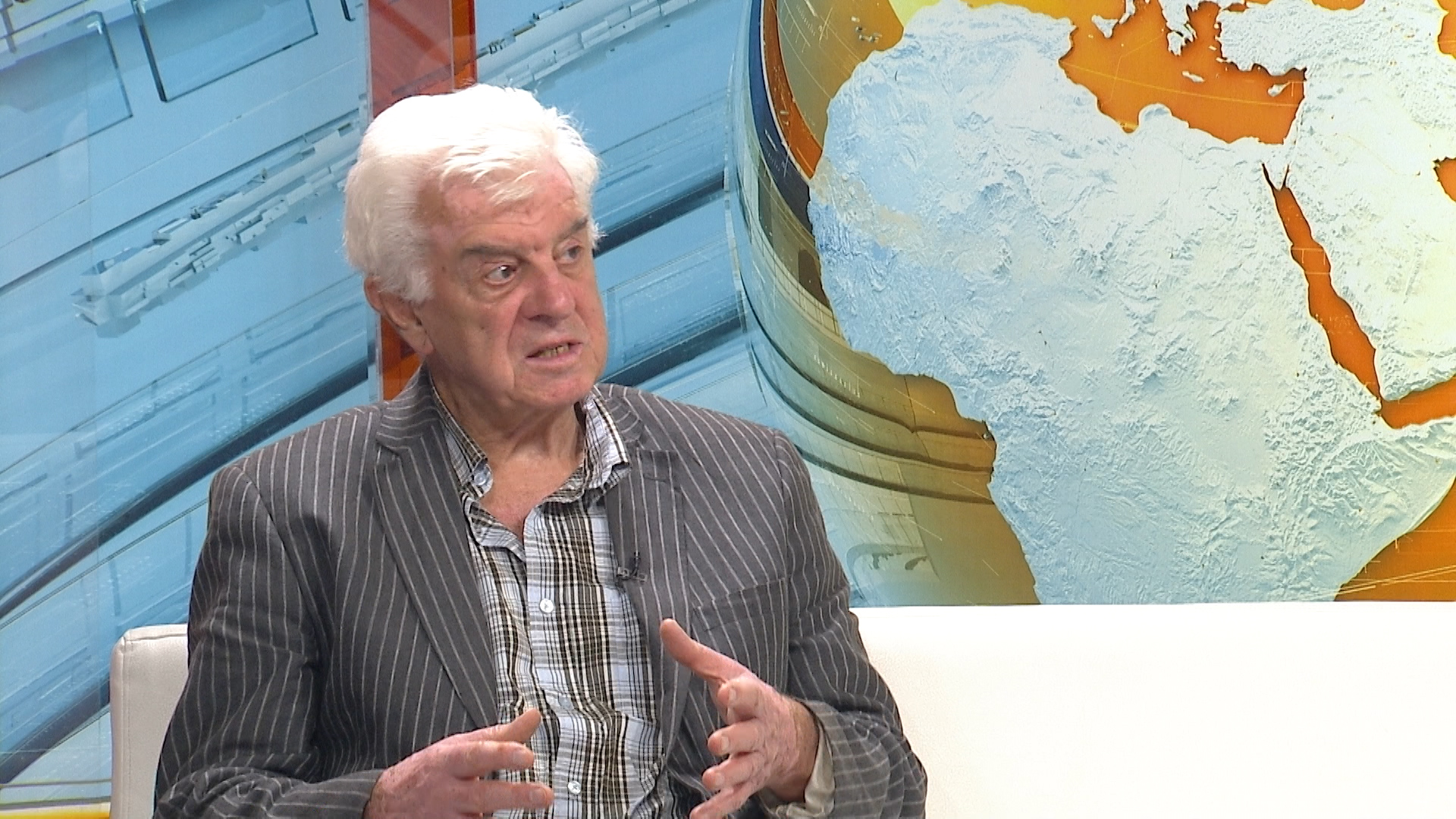Expert: Peljesac bridge jeopardises Bosnia's sovereignty

The Peljesac bridge must not be constructed, it will jeopardize both space and the landscape, said spatial planning expert Munir Jahic, a former minister in Bosnia and Herzegovina's state government.
Oglas
Speaking for N1, Jahic said Bosnia is now late to send a note of protest against the bridge construction to the UN, the European Commission, or the International Court of Justice in The Hague, and it had to act a lot earlier.
“I'm afraid someone thinks the start of the construction works means that this is over and that objectively jeopardises the sovereignty of Bosnia and Herzegovina,” he underlined.
Despite the objections from Bosnia and Herzegovina, Croatia is officially starting the Peljesac bridge construction on Monday.
Oglas
Some of Bosnia's state officials strongly objected the bridge construction, claiming that this project would disturb Bosnia's access to international waters. In their reaction, they referred to the Bosnia's Presidency decision from 2007, demanding from Croatia to halt the project until the issue of identification of the maritime boundary line and the country's access to the international waters is solved.
Jahic mentioned the Croatia-Slovenia border dispute near the Gulf of Piran, saying that some of his colleagues from Slovenia gave him a piece of advice.
“My colleagues from Slovenia said, 'Do not make the smallest mistake and allow the talks on this bridge',” said Jahic.
Work to build the Peljesac bridge began in 2007. The road link aims at ensuring the territorial continuity of Croatia by connecting its mainland with the Dubrovnik-Neretva County while avoiding crossing Bosnia and Herzegovina at the Neum Corridor.
Oglas
By connecting the Croatian peninsula of Peljesac with the mainland, the bridge would span a part of the Adriatic Sea which separates the two near the Bay of Mali Ston and the Neretva Channel.
Amid political controversies with the neighbouring Bosnia and Herzegovina as well as financial difficulties, construction was stopped in 2012 but Croatia signed a contract with a Chinese consortium earlier this year, announcing the start of construction works in mid-July.
During her visit to the Bosnian capital of Sarajevo at the end of June, European Commissioner for Transport Violeta Bulc said the European Union financially supported the Peljesac bridge construction based n the documents provided by the Republic of Croatia. She also said that Bosnia should address the official Brussels in a written form if it had objections against the project.
Kakvo je tvoje mišljenje o ovome?
Učestvuj u diskusiji ili pročitaj komentare
Oglas
Kakvo je tvoje mišljenje o ovome?
Učestvuj u diskusiji ili pročitaj komentare
Oglas





 Srbija
Srbija
 Hrvatska
Hrvatska
 Slovenija
Slovenija



























































